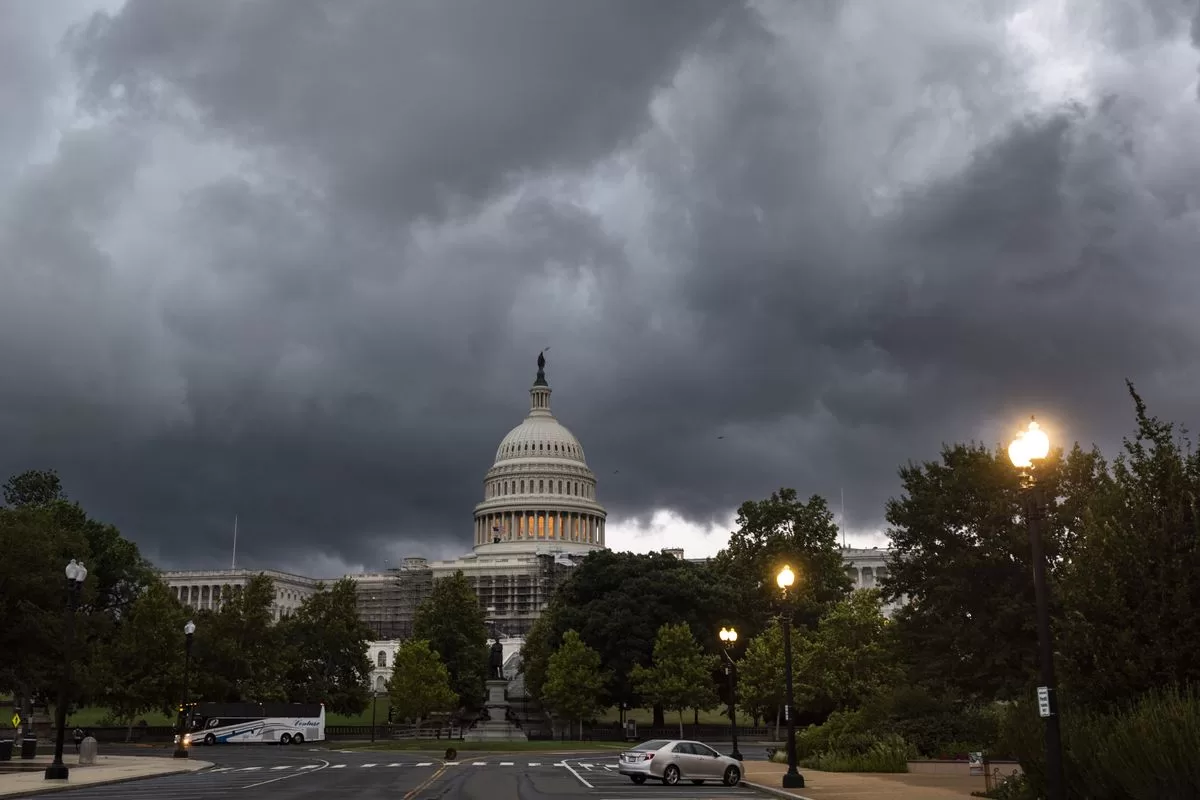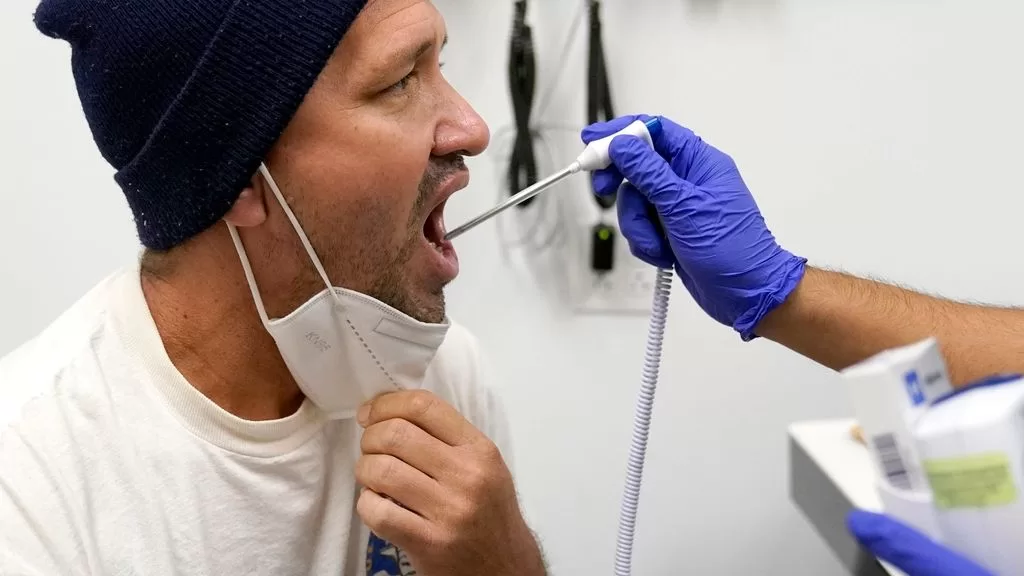MONTGOMERY — Alabama will be able to execute a prisoner with nitrogen, a judge ruled Wednesday, paving the way to apply for the first time in the United States a method of capital punishment that the prisoner’s lawyers describe as cruel and experimental.
Judge R. Austin Huffaker rejected the request of the inmate, Kenneth Eugene Smith, to stay the execution scheduled for January 25. Smith’s lawyers argue that the judge is turning the inmate into an “experiment subject” for a never-proven execution method. They are expected to appeal the decision and the issue could end up in the Supreme Court.
The method consists of placing a respirator-type mask over the prisoner’s nose and mouth, replacing the breathable air with nitrogen, which would cause death due to lack of oxygen. Three states—Alabama, Mississippi and Oklahoma—have authorized it as a method of execution, but none have practiced it.
Smith, now 58, is one of two men convicted of killing a preacher’s wife in a small north Alabama community in 1988. According to prosecutors, Smith and the other man were each paid $1,000 to kill Elizabeth. Sennett for the benefit of her husband, who was deeply in debt and wanted the insurance money.
Second try
Smith survived a previous attempt to execute him. The Alabama Department of Corrections attempted to execute him by lethal injection in 2022, but the procedure was canceled when guards were unable to connect intravenous tubes.
The judge’s decision to allow nitrogen execution follows a December court hearing and several legal filings in which lawyers for Smith and the state presented wildly divergent arguments about the risks and humanity of subjecting a person to death with gas. nitrogen.
The office of Alabama Attorney General Steve Marshall argued that oxygen deprivation “causes unconsciousness within a few seconds and death within a few minutes.” He compared the execution to industrial accidents in which people fainted and died from breathing nitrogen.
But Smith’s lawyers argued there were many unknowns and potential problems that would violate the constitutional ban on cruel and unusual punishment.
Source: With information from AP






